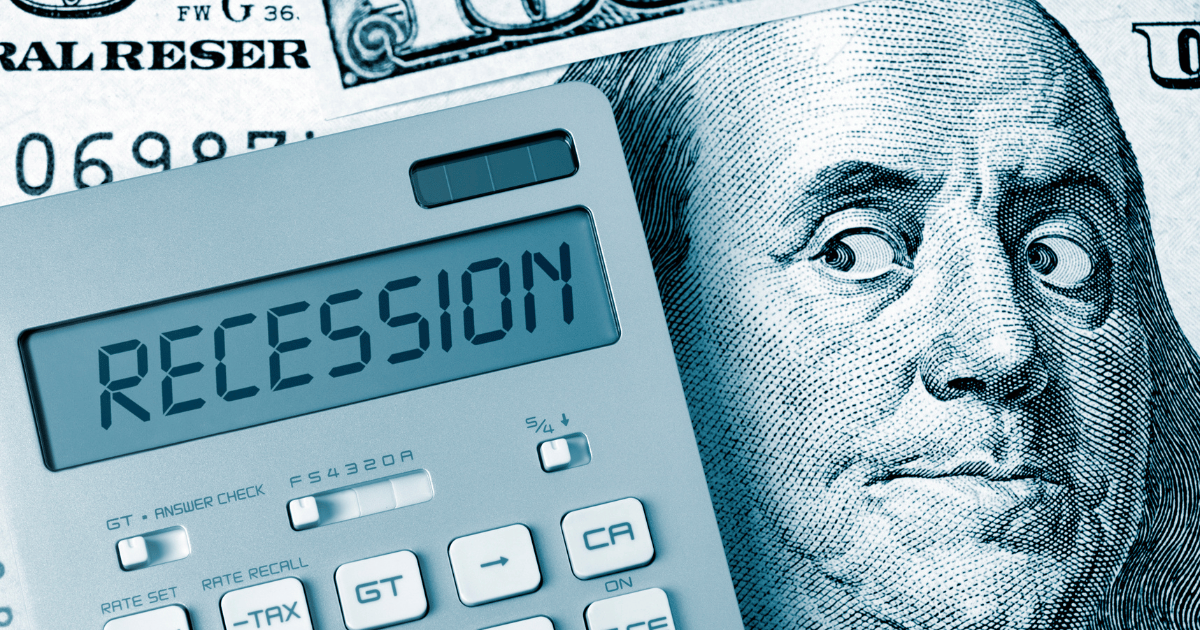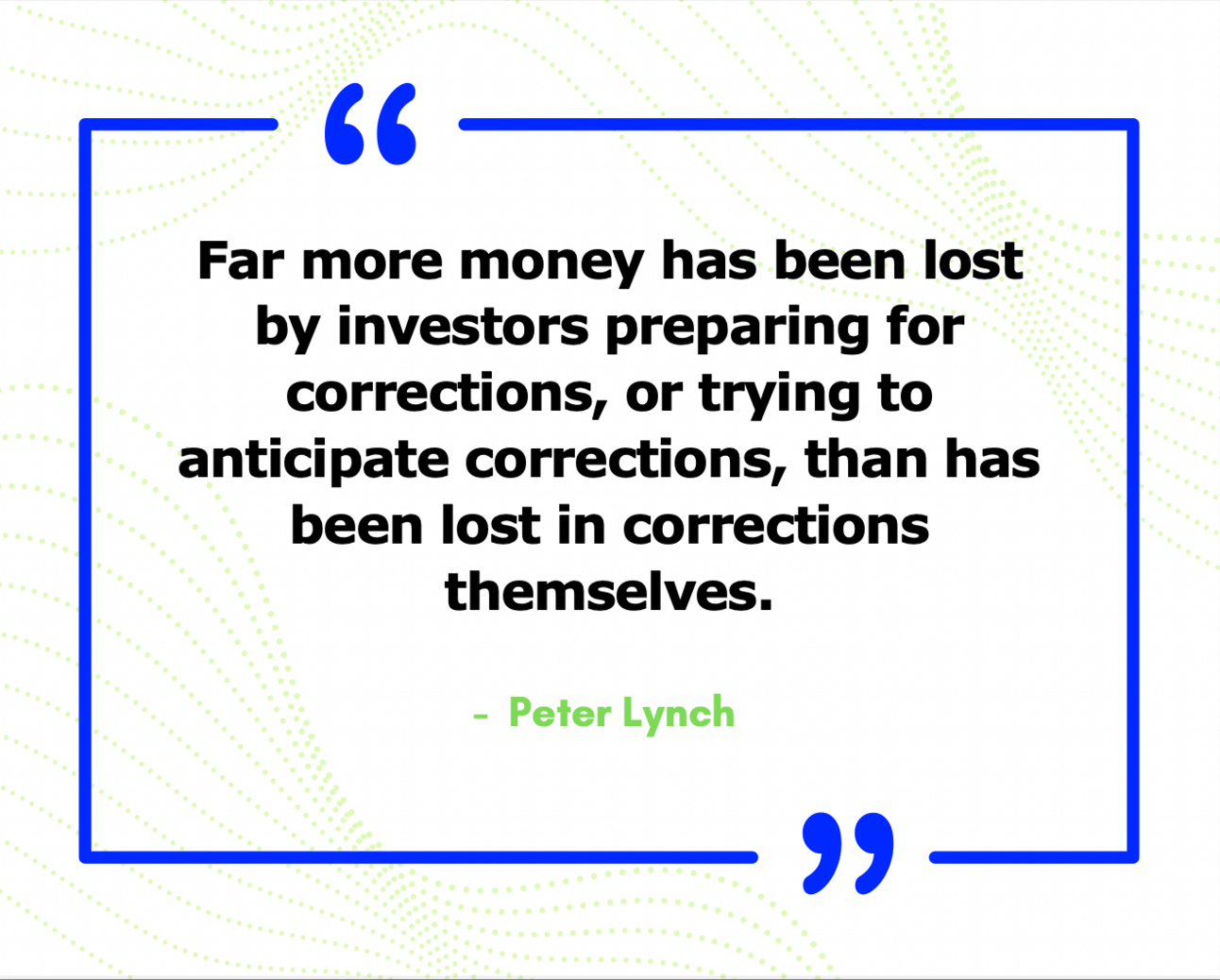Est. Reading Time: 5 min
Table of Contents

Hi y’all!
Hey NWW fam - hope you are enjoying the last weeks of your summer and getting ready for a very busy fall between the economy, the election, and all the new developments in AI.
Me? I’m getting ready for the precipice of recession. Do we tip over or pull back to the proverbial soft landing. Eight months ago I predicted a recession and stagflation in my predictions for 2024. Here is the LinkedIn post - CJ’s Financial Predictions For 2024 . Unfortunately I was right but then something happened - the economy didn’t fall off the cliff. Resilience is the keyword.
So…I feel more optimistic, the sun is shining, my 4 yr old is learning to ride a bike and we may have the first female President in history. Now, could a BlackSwan event tip this fragile balance? Absolutely which is why my personal wealth managment choice for this fall is caution. The alternative investments are chugging away but I’m increasing cash waiting for opportunity…maybe like buying a house!

If you haven’t noticed, markets have been a little more volatile than usual over the past few weeks.
Earlier this month, the S&P 500 had its worst day in about two years, declining 3% amid a broader equity market sell-off.
Then, just as everyone was fearing the worst, the market roared back to life, recovering all those losses and posting its best week all year.
Throughout these whipsaws, there’s been one question on everyone’s mind…
Are we heading into a recession?
A recession isn’t always bad news – it can actually create the opportunity to achieve life goals, like buying a home amid declining prices.
But to do so, you need to be prepared. Today, I’m breaking down the recession question, looking at what the underlying data tells us about where the US economy is headed.
Of course, no one has a crystal ball – but based on the fundamentals, there are a few reasons to be more optimistic about things than you might expect.
The Labor Market is Mostly Okay
The initial cause of the summer market sell-off? Disappointing labor market data.
July’s labor release showed that the US created slightly fewer jobs than economists expected and the unemployment rate ticked up slightly.
That might not sound like a recipe for a market crash, but the fear is that fewer people working leads to fewer people spending money, which leads to fewer people working and… you get the idea.
But the market’s initial reaction was overly pessimistic – for two main reasons.
#1: Individual data points are unreliable
It’s naive to draw significant conclusions from individual data points. They move around too much and don’t reveal the full picture.
Imagine if two football teams played a hard-fought game, only for one of them to win by a lucky field goal at the end of the game.
Clearly, I can’t say that the winner is definitely the better team based on a single close game – I’d need to see them play at least a few times to get reliable information.
It’s the same idea with economic data. Markets sometimes overreact to short-term fluctuations in individual data points without considering the broader context.
As if to demonstrate the point, just a week after job creation data was disappointing, initial unemployment claims data was encouraging – countering other signals that the labor market is weakening.
#2: Unemployment is still historically low
While unemployment did rise slightly in July, it’s still at a historically low level when considering long-term averages:
4.3%
Current unemployment level.
5.7%
Average monthly unemployment reading since 2000.
25.4%
Percent of monthly unemployment readings since 2000 less than the current level.
Clearly, when considering the historical context, the current unemployment rate is actually still quite low.
Sure, nobody likes to see unemployment rise. But there’s a world of difference between unemployment rising and unemployment being high.
What’s more, this could have implications for the magnitude of a recession (if one comes).
An economic downturn occurring at a low level of unemployment is likely to be a lot less severe than one occurring at a high level of unemployment.
The current unemployment rate is historically low.
US Consumers Are in Good Shape
In addition to the labor market, we can look at consumer spending to try and understand the current economic picture.
Here’s a little secret about the American economy: it runs on people buying stuff. Consumer spending amounts to more than two-thirds of all US GDP.
On an individual level, spending a bunch of money probably isn’t the smartest financial decision.
On a social level, though, one person’s consumption expense is another person’s income – so more spending helps keep the economy rolling.
Things aren’t perfect for US consumers – but they do seem to be in mostly good shape:
Both inflation-adjusted consumption expenses and inflation-adjusted disposable income have risen over the past year.
Retail spending was up more than expected in Q2.
Real-time measures like restaurant bookings, air travel, and hotel occupancy rates are all strong.
All this helps explain why the current estimate of economic growth in Q2 stood at 2.8% - hardly a figure associated with an imminent slowdown.
There are some worrying signs for consumers, most notably rising credit card delinquency rates.
But just as in the labor market, the important thing is to consider the whole picture – and right now the consumer picture looks solid overall.
My Final Verdict…
Despite some weak data points, it’s hard to find evidence that a significant economic slowdown is lurking just around the corner.
If a recession does occur, it’s likely to be less severe than many expect given these metrics.
For these reasons, I’m more optimistic than many market participants. In fact, even institutions like Goldman Sachs have begun cutting their recession forecasts due to the strength of the current data.
In addition, the economy should soon get a boost from Federal Reserve rate cuts. Now that inflation has (mostly) subsided, officials have more room to support the economy.
With economists, central bankers, and Fed decision-makers attending their annual conference at Jackson Hole this week, we should get some more insight into what kind of support the Fed plans on offering.
Jackson Hole – not a bad view for an economic conference.
Do you think the US will head into a recession in the next 12 months?



📺 WHAT WE'RE WATCHING
This CNBC interview with Goldman Sachs’ Chief Economist explains why the firm cut their 12-month US recession risk based on recent economic data. In the conversation, he notes that if August jobs data comes back strong, Goldman may cut recession risks even further.

👂 WHAT WE’RE LISTENING TO
In this short episode of Morgan Stanley’s podcast Thoughts on the Market, two of the firm’s fixed-income strategists discuss what recent market volatility could mean for bonds. The two explore the potential impact of coming Fed cuts and what fixed-income submarkets might hold opportunities for the rest of the year.

📖 WHAT WE’RE READING
This economic update from JPMorgan’s asset management arm makes the case that recession fears are somewhat overblown, although a mild economic slowdown cannot be ruled out. The firm’s Chief Global Strategist breaks down some of the underlying data, noting that it might encourage more aggressive Fed easing and thus avert a significant contraction.

Refer A Friend Refer A Friend Refer A Friend Refer A Friend Refer A Friend Refer A Friend … And Win Prizes!


